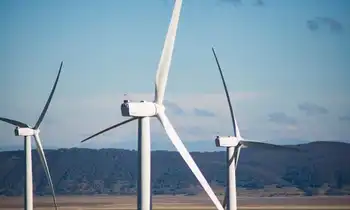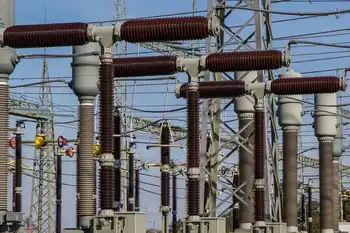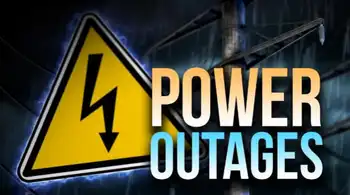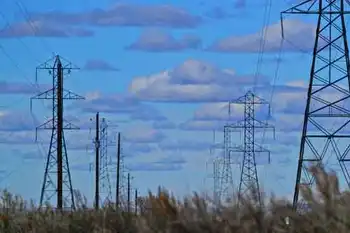Stelmach urges provinces to unite behind climate plan
By Globe and Mail
NFPA 70b Training - Electrical Maintenance
Our customized live online or in‑person group training can be delivered to your staff at your location.

- Live Online
- 12 hours Instructor-led
- Group Training Available
He warned there is no quick fix and urged other provinces to resist casting the oil sands, which employ a carbon-intensive extraction process, as the main villain in the country's bid to reduce greenhouse gas emissions.
“I don't want to get into the position of where we would add so much cost to our industry while others aren't doing anything similar,” Mr. Stelmach said in an exclusive interview with The Globe and Mail.
Quebec, along with B.C. and Ontario, have all advocated different approaches to reducing emissions from Jean Charest's record-setting targets to carbon taxes to an interprovincial cap-and-trade program. As international talks ramp up ahead of next month's global climate change meeting in Copenhagen, the divisions between the provinces and Ottawa on what the federal government should commit to domestically are becoming increasingly obvious.
Ontario Premier Dalton McGuinty has said that Ottawa's plan may ultimately “discriminate” against his province. He said his government does not want to see the progress it has made benefit other provinces by letting them off the hook to do the same.
“If there's money to be found in carbon reductions, we want that money to stay inside our province so we can use it to further green our economy and develop jobs,” Mr. McGuinty told reporters. “We didn't develop this economic value so that it could be confiscated from us and given to another part of the country.”
Like Quebec Premier Jean Charest, Mr. McGuinty said he is worried that Canada could have difficulty marketing products to countries in the European Union if the federal government's targets to reduce greenhouse gas emissions are not ambitious enough.
Earlier, Mr. Charest promised that by 2020, the province will slash greenhouse-gas emissions by 20 per cent below 1990 levels. The goal is similar to the target the European Union has adopted and much tougher than Canada's plan to cut emissions by 20 per cent below 2006 levels by 2020.
“We must remember that Quebec feels that because of the hydro power they have, that their carbon emission will be less and that they won't have to do anything,” Mr. Stelmach said. “Well, not necessarily so.”
Mr. Stelmach said the EU can afford to chase more aggressive targets because many countries have been building up to this for years by taking such measures as phasing out energy-inefficient manufacturing plants.
He said it's frustrating his province is being told to slash its emissions when other province are still talking about what they plan to do and not actually doing anything substantial in their own jurisdictions, especially in the area of coal-fired electricity generation.
Despite the brewing disagreement between provinces, Mr. Stelmach is confident common ground can be found and he's busy convincing his fellow premiers that the oil sands are still a major economic asset to the country.
“I'm not saying this in a boastful manner, but I feel that Alberta is positioned well to help take this country out of the recession. And certainly, investment in the oil sands is one area.”
Alberta's opposition parties are upset the Stelmach government is not advocating for a more aggressive national climate change program.
“I'm disappointed in the lack of leadership both at the provincial and federal level,” Alberta Liberal Leader David Swann said. “I'm hoping that we will see some kind of uprising from the people.…”
He said the province is squandering an opportunity to improve the oil sand's international reputation, which has taken a beating in recent months as being an ecological nightmare, by not setting its own caps on emissions.











